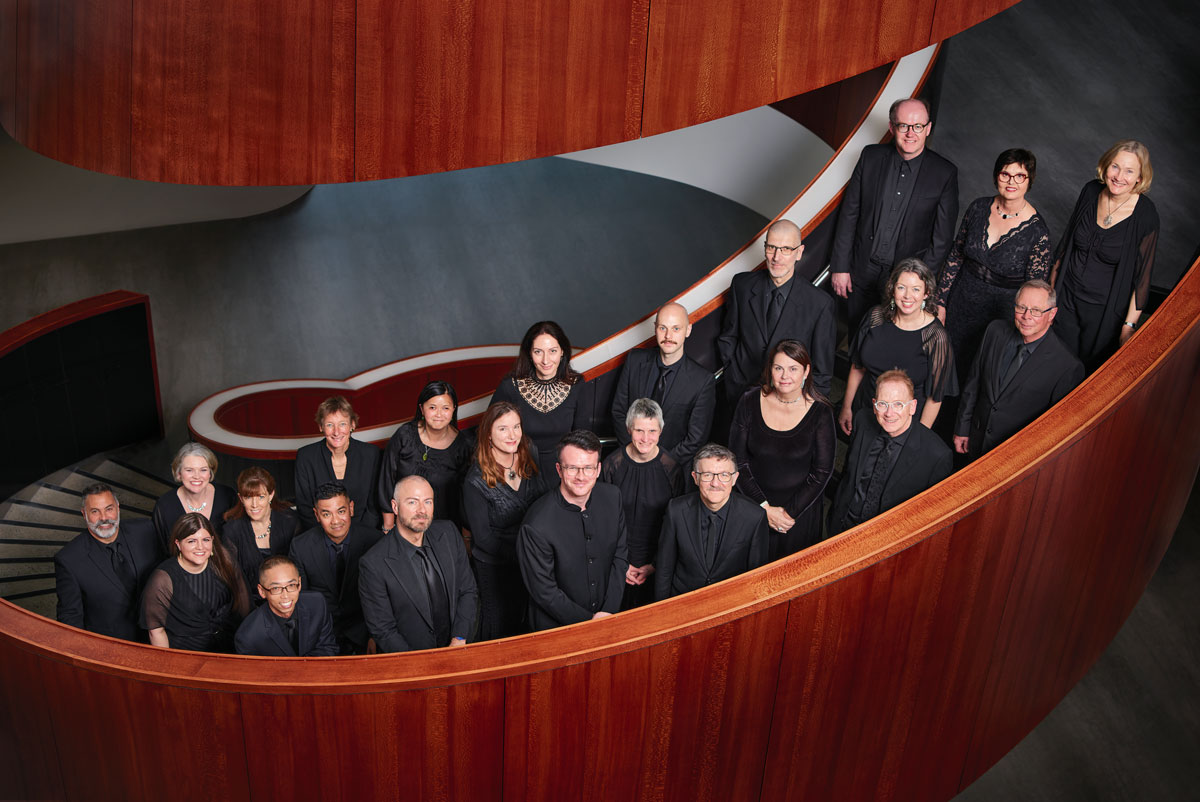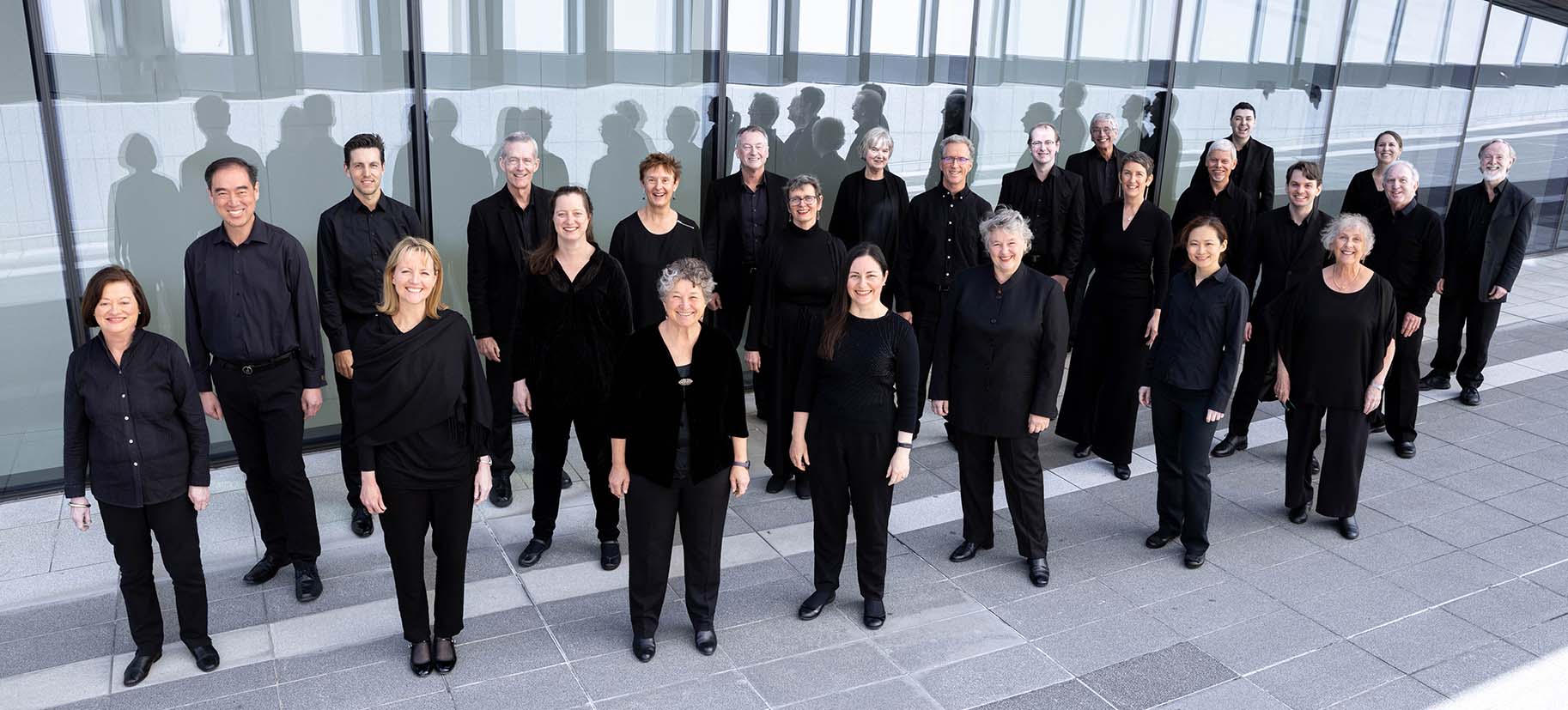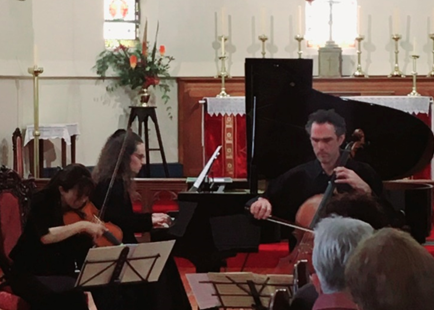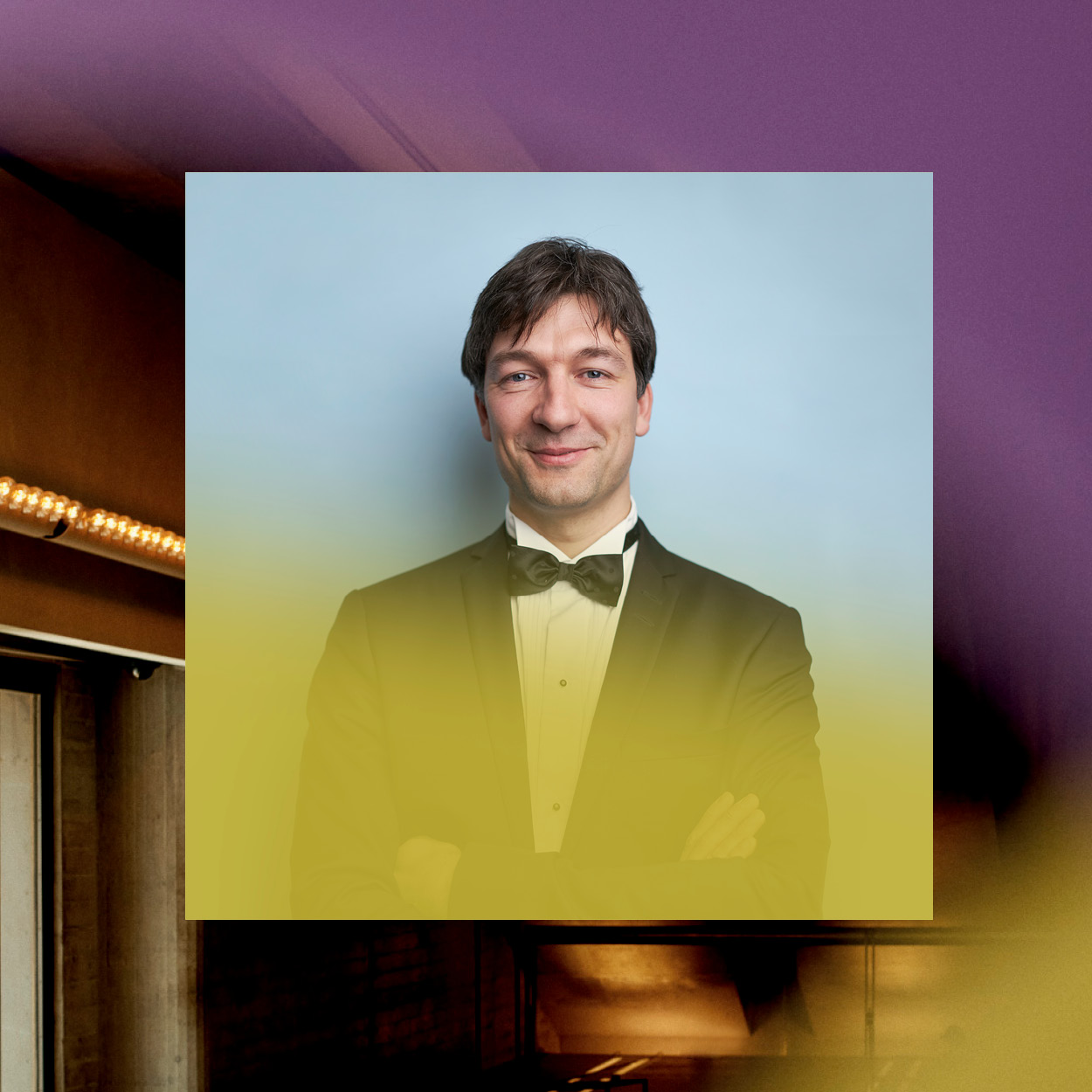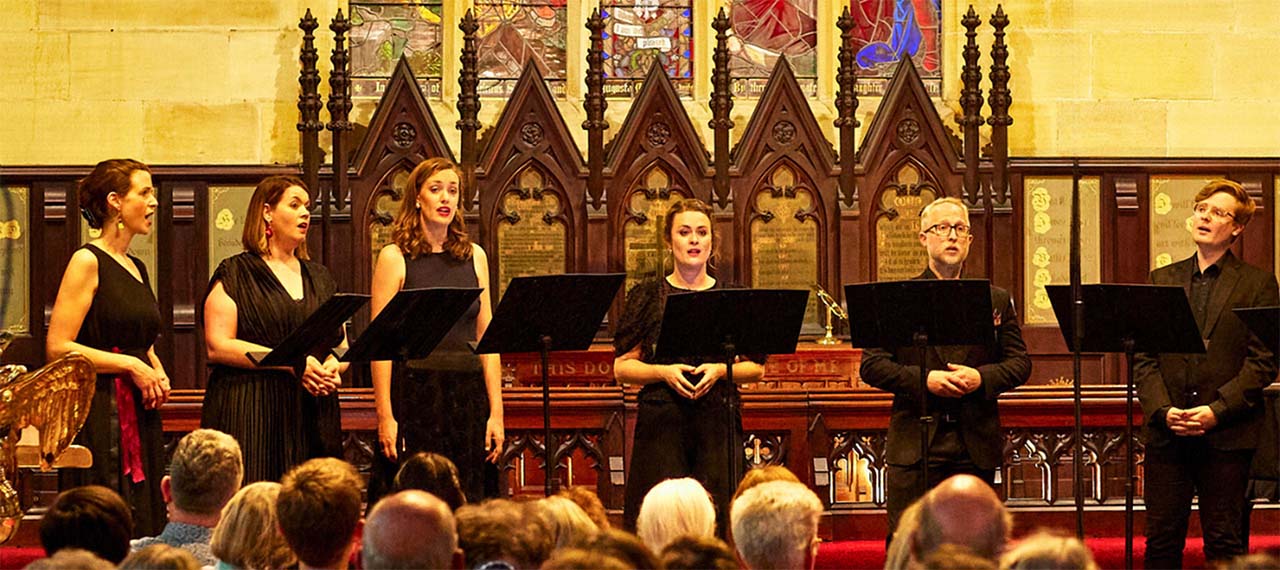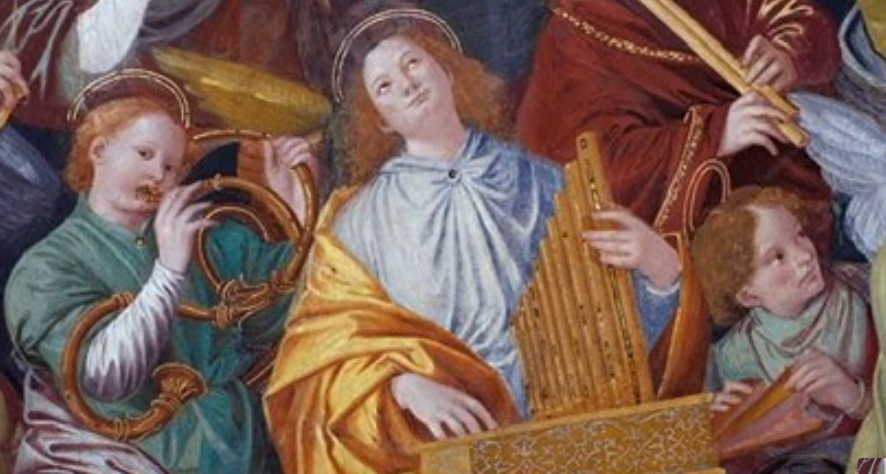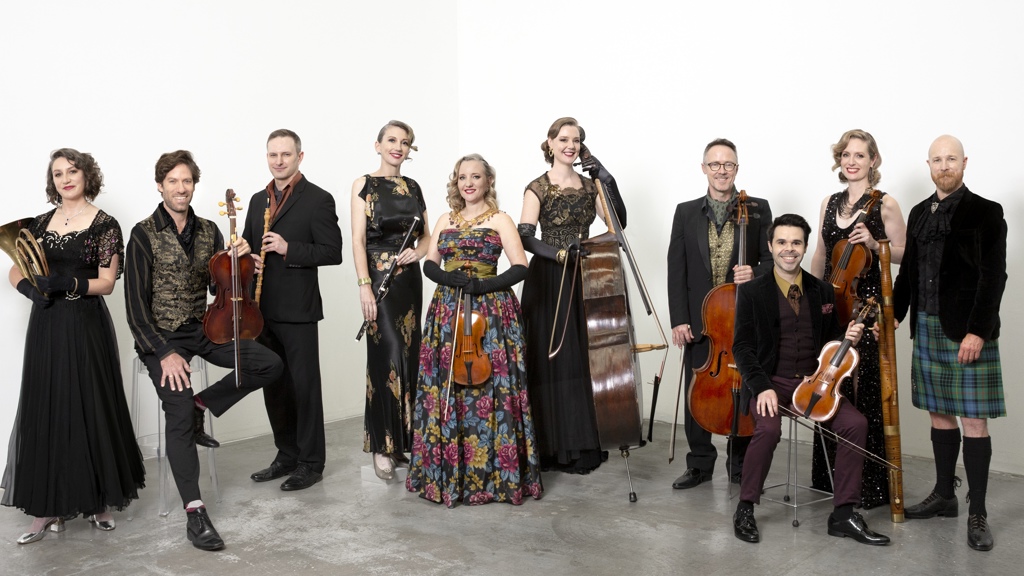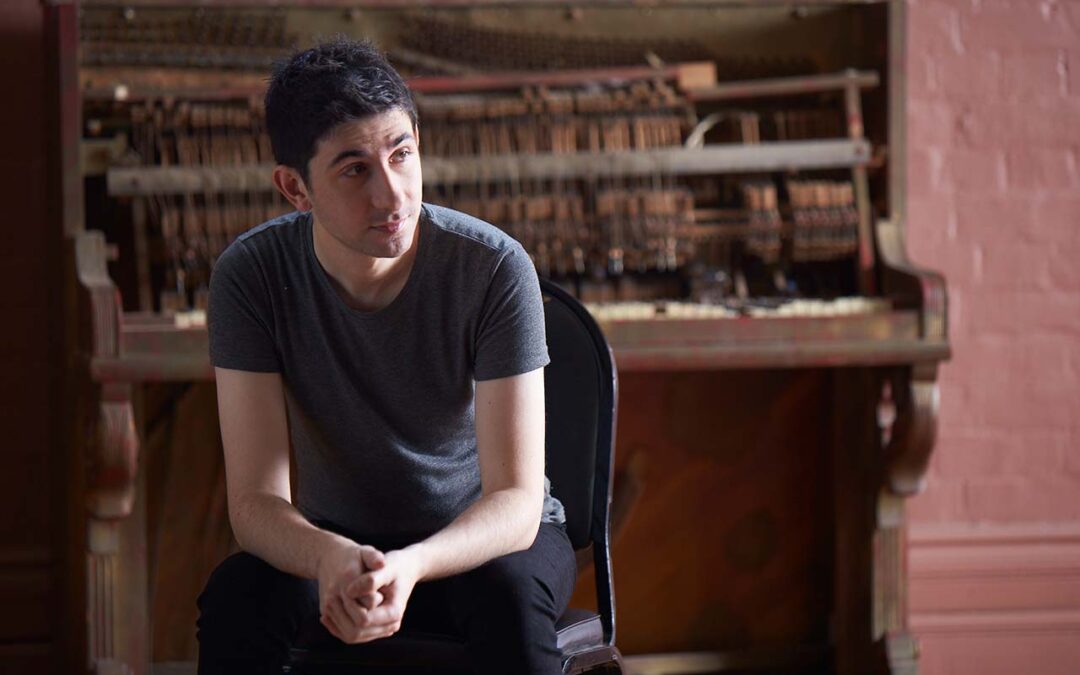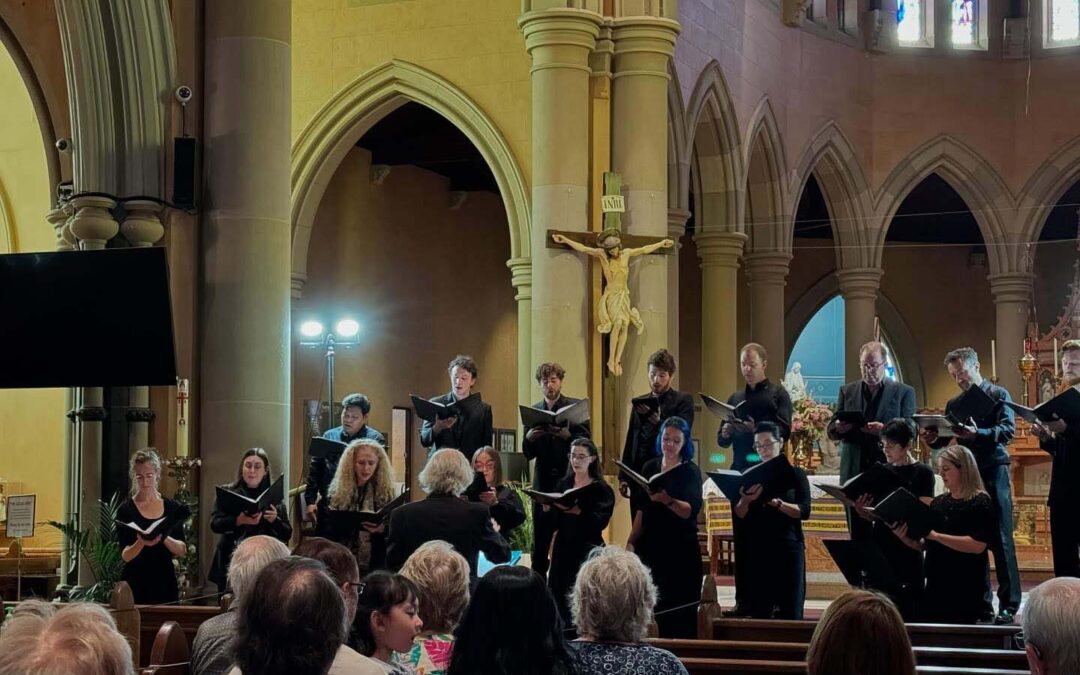Unfortunately it’s not often that you see concert programmes combining the spoken word with live music, but in regards to the life and music of Shostakovich, it seems only natural. A composer who often felt the full effects of Stalinist rule, his life and music were so deeply intertwined that it would seem impossible to have one without the other. So on the 28th July at Sydney’s Independent Theatre, the Flinders Quartet took the stage to present “Shostakovich: through the lens of the string quartet”.
With the idea for the concert inspired by Wendy Lesser’s book “Music for Silenced Voices: Shostakovich and His Fifteen Quartets”, the concert began with a recording of dramaturge Richard Piper reading from Lesser’s book, followed immediately by a performance of the second movement from Shostakovich’s 1st String Quartet. The movement begins with only the viola (played by Helen Ireland) playing a haunting, sombre melody that perfectly set the mood for the rest of the concert. When the other members of the quartet joined in, it was easy to see why they’re perfect for this project; each one of the four musicians seemed to understand the music on a level far beyond the mechanics of their instrument.
Although the narration may have taken initially taken a moment to settle with the audience, the music and spoken word soon seemed to flow naturally between each other, creating a comfortable rhythm. The timbre and cadence of Piper’s voice also seemed to match perfectly the tone of the quartet and furthermore the aesthetic of the music itself. Although the music was often of blistering intensity, the stories often told how funny Shostakovich could be despite the frustrating circumstances with which he was frequently confronted. However, it also painted a picture of someone who grappled with many doubts and anxieties, someone who suffered from crippling self-awareness.
While many of the Shostakovich quartets demanded virtuosity of each musician, they also required a depth of musical understanding often walking the thin line between tonality and atonality. The Flinders Quartet were able to create a sense of clarity from music that is deeply complex to its core. Violinists Thibaud Pavlovic and Nicholas Waters, violist Helen Ireland, and cellist Zoe Knighton all brought individual interpretations yet maintained a stunning synchronicity and cohesiveness.
With nothing on the stage but their instruments, a table with a photograph of Shostakovich on top of it, and a speaker, the Flinders Quartet managed to bring to life a vivid picture of Dmitri Shostakovich. Alternating between Richard Piper’s rich baritone voice and the dulcet tones of the quartet, the audience were shown a portrait of a man who was more than just a victim of Soviet rule – someone who loved deeply, who was considered a dear friend to many, and who often saw the humour despite the tragedy of his circumstances.
Thoughts about:
![]()





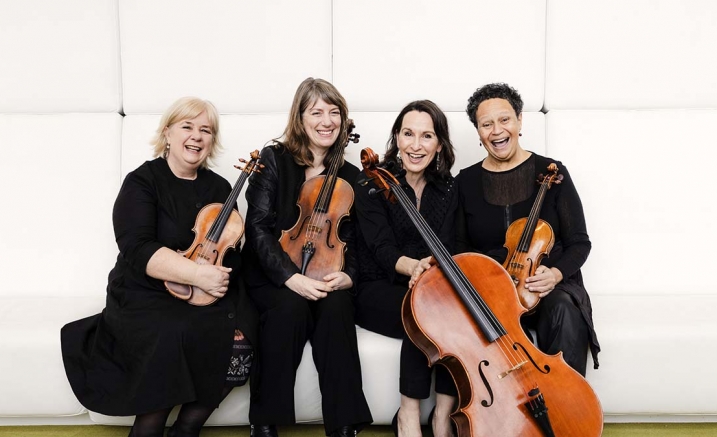



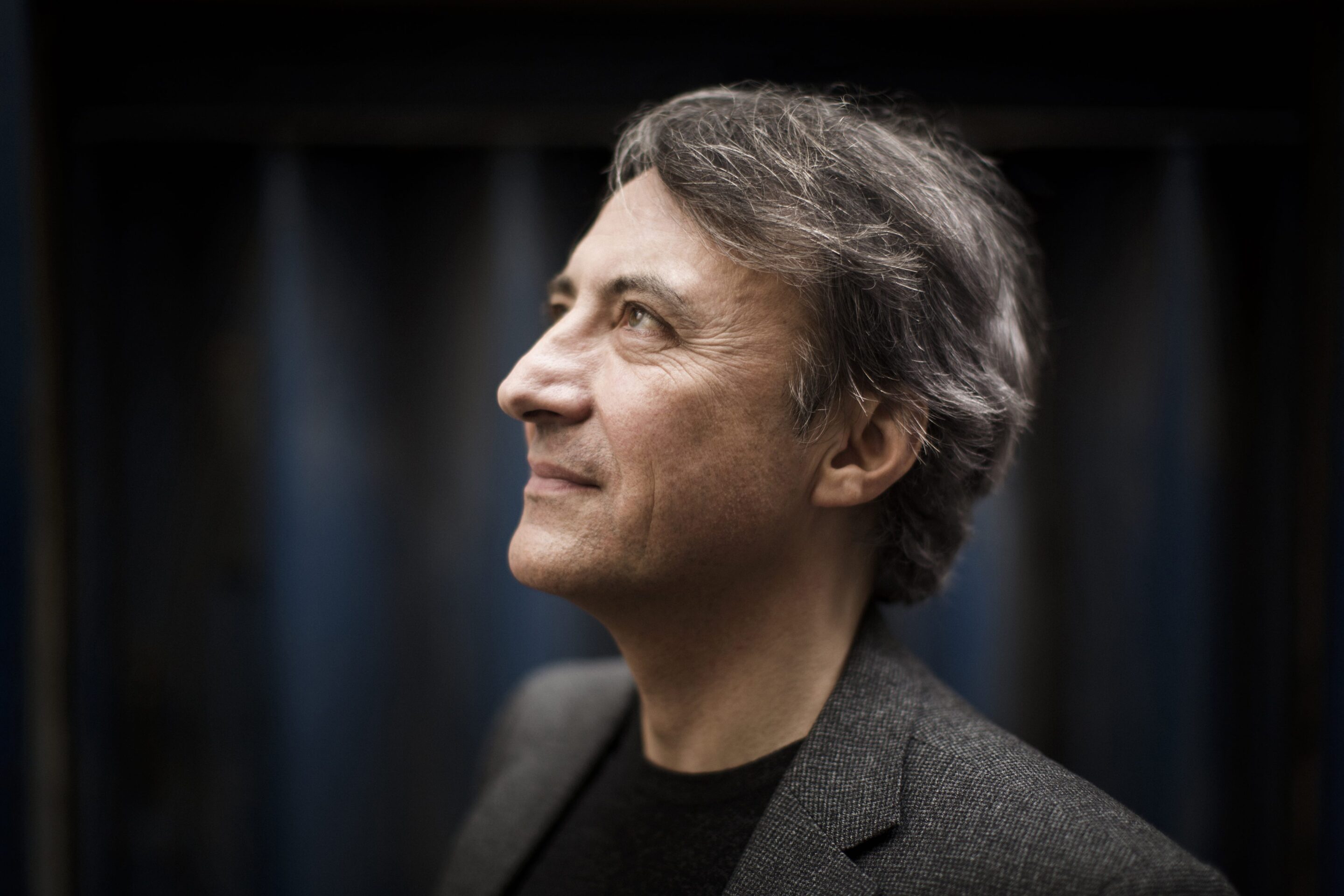

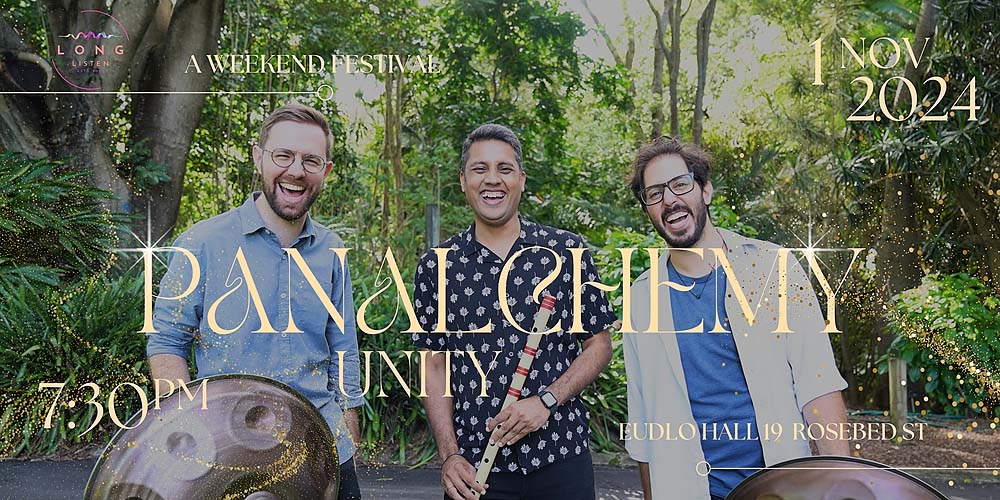

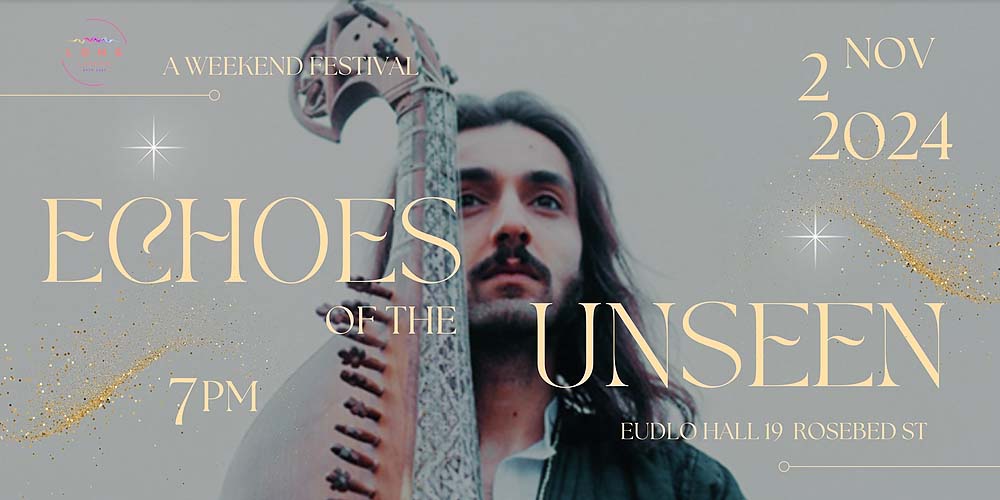
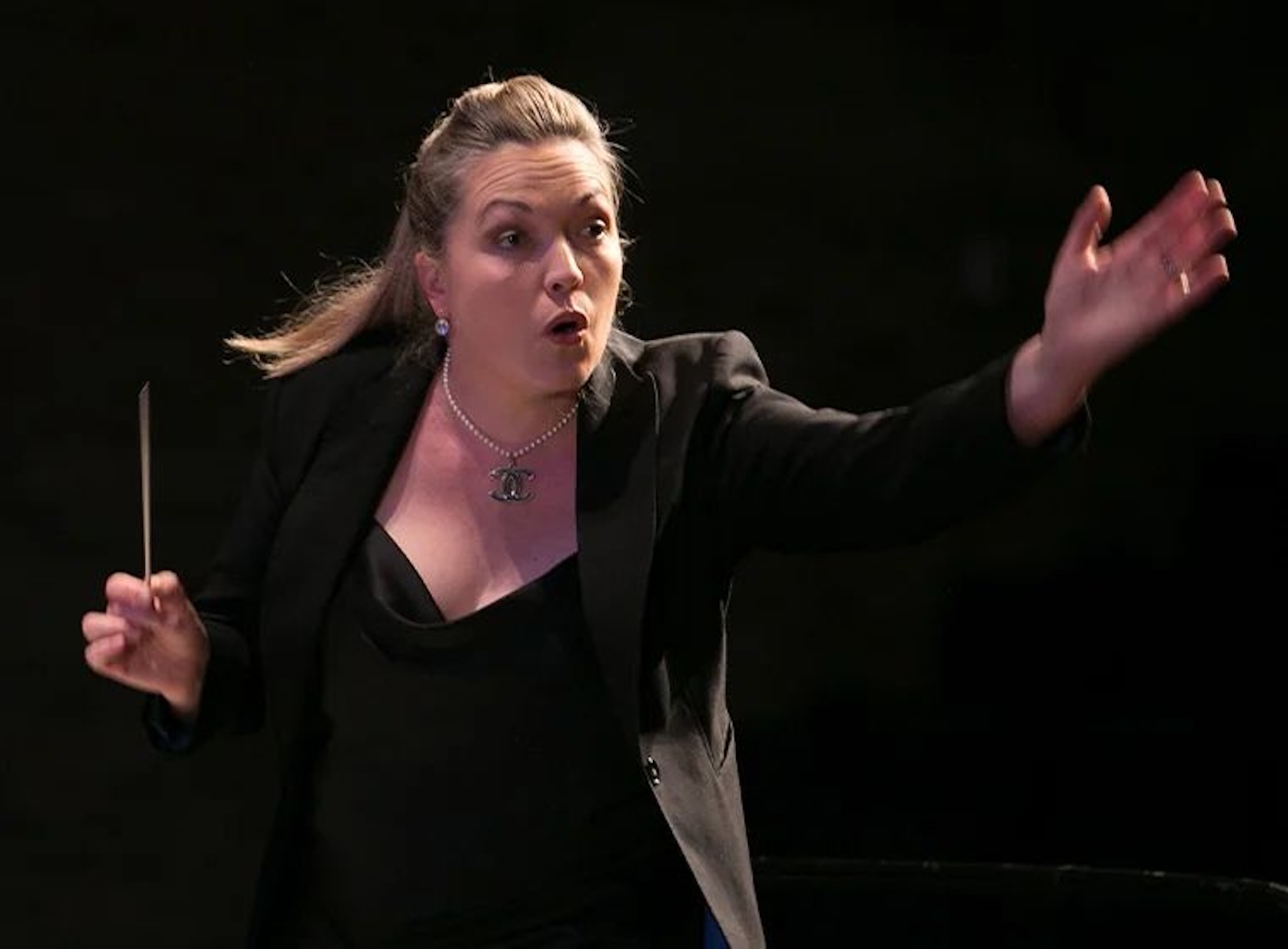
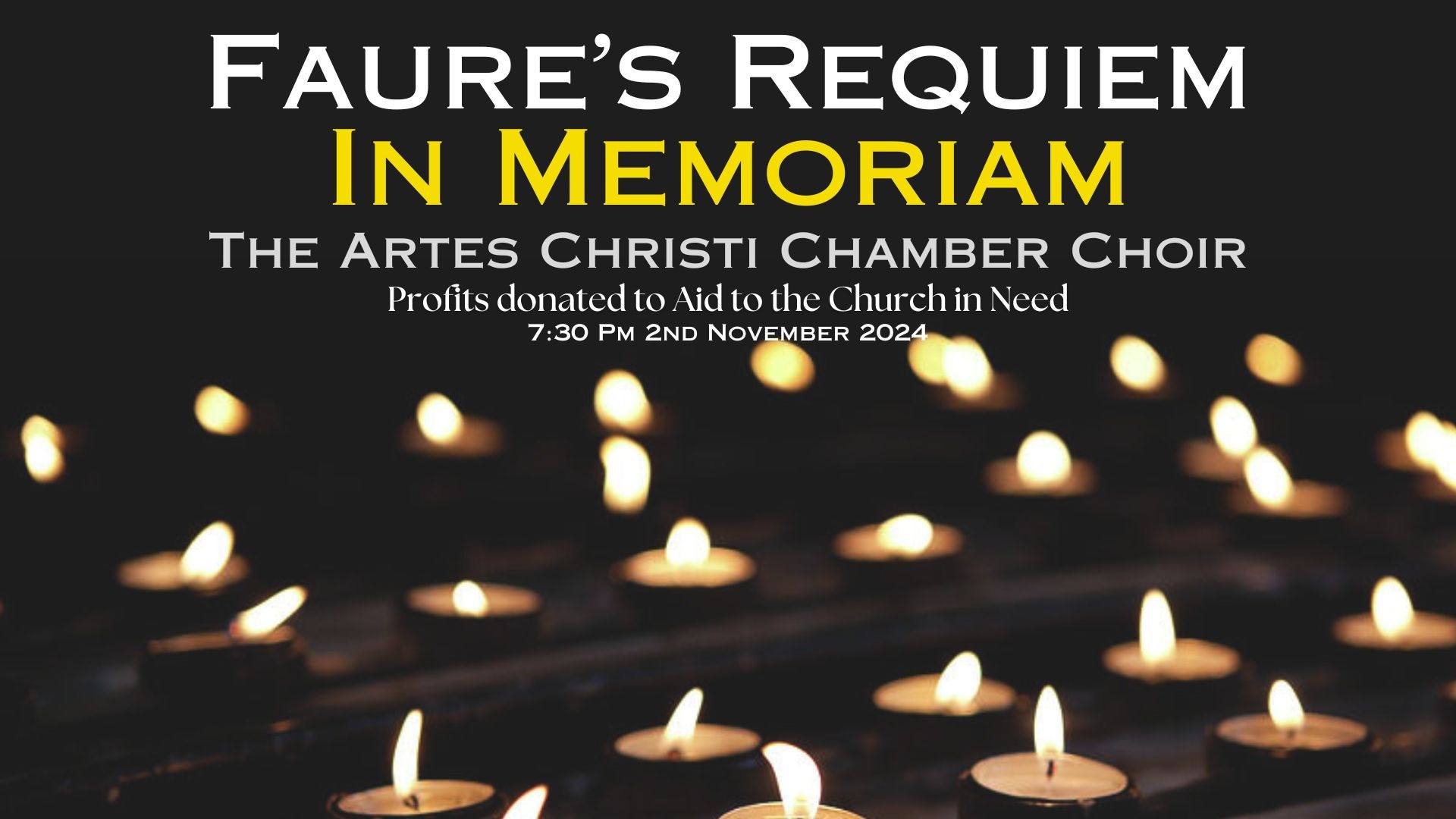
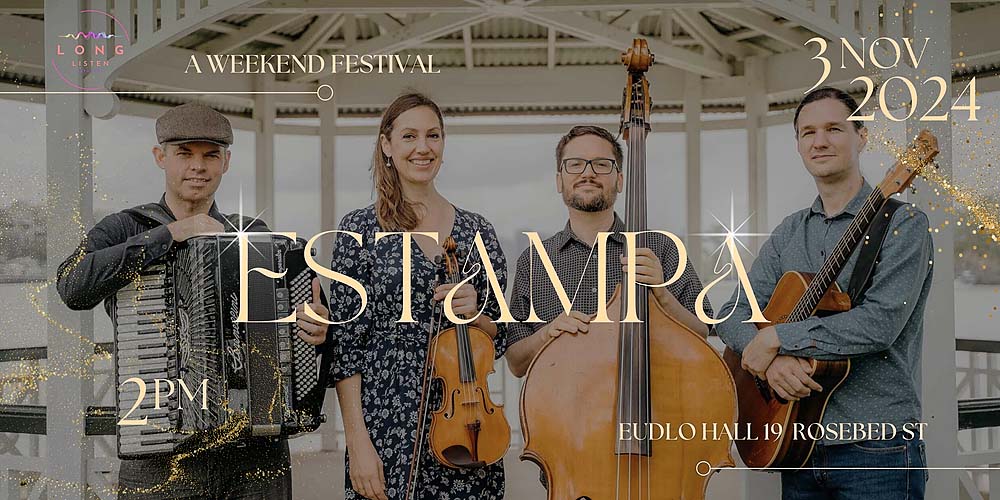





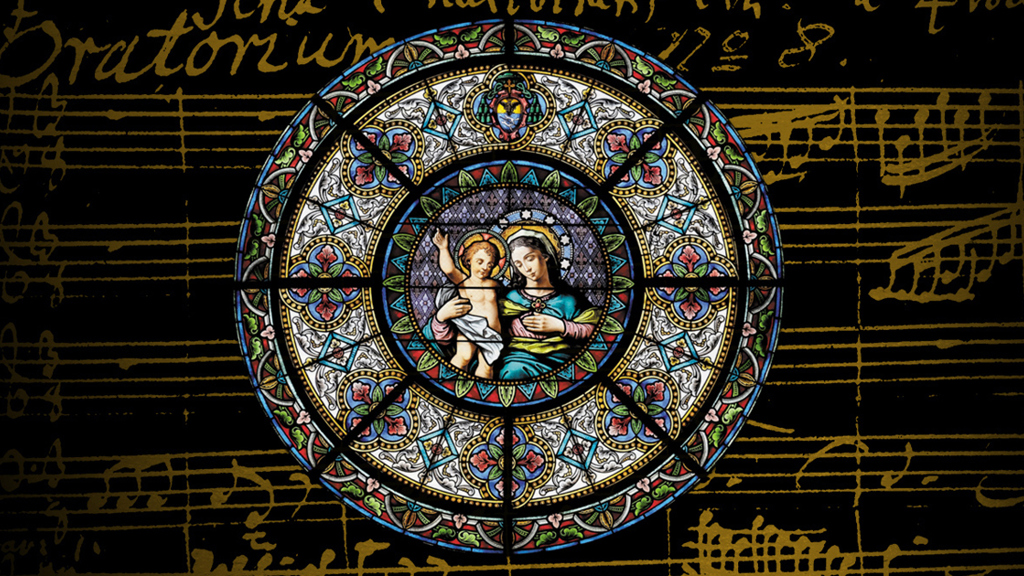
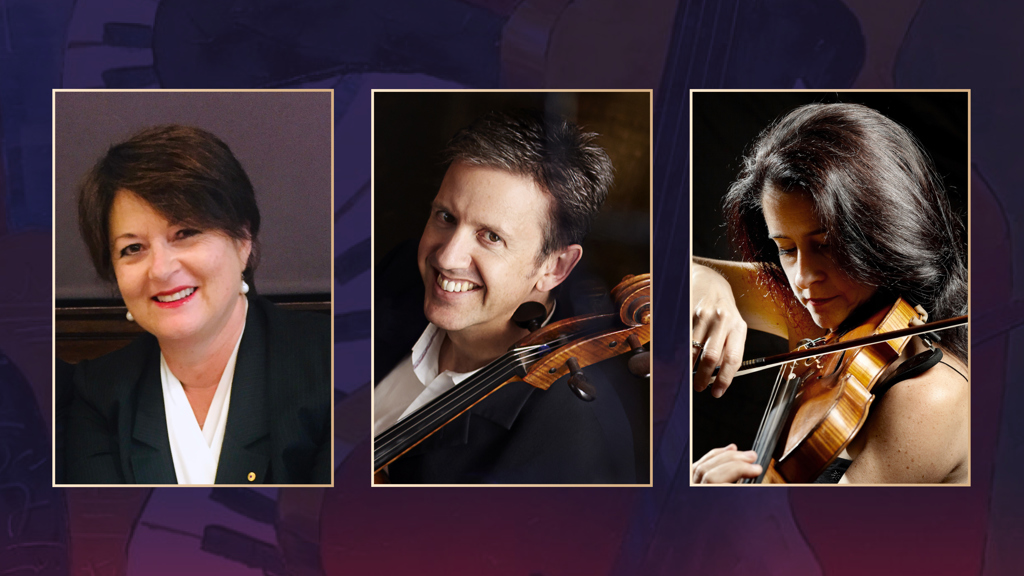

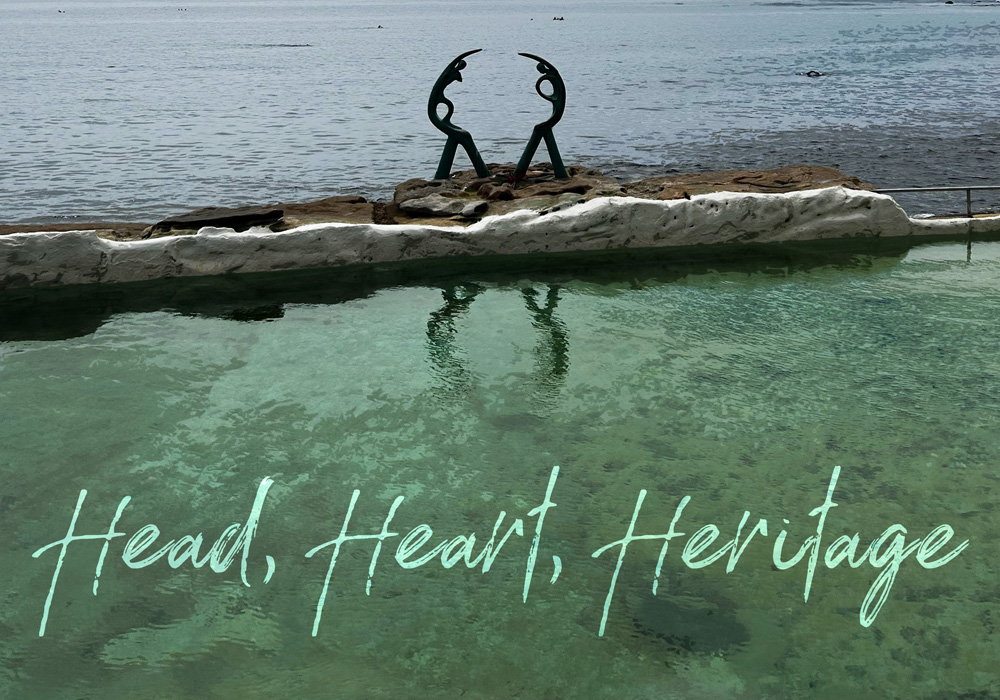
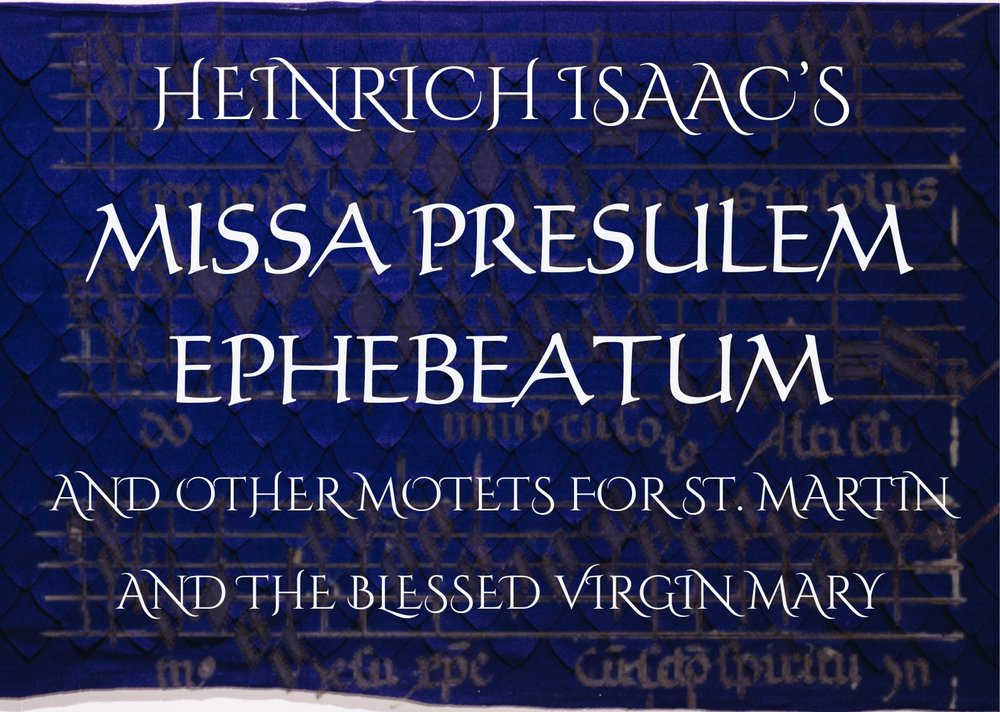


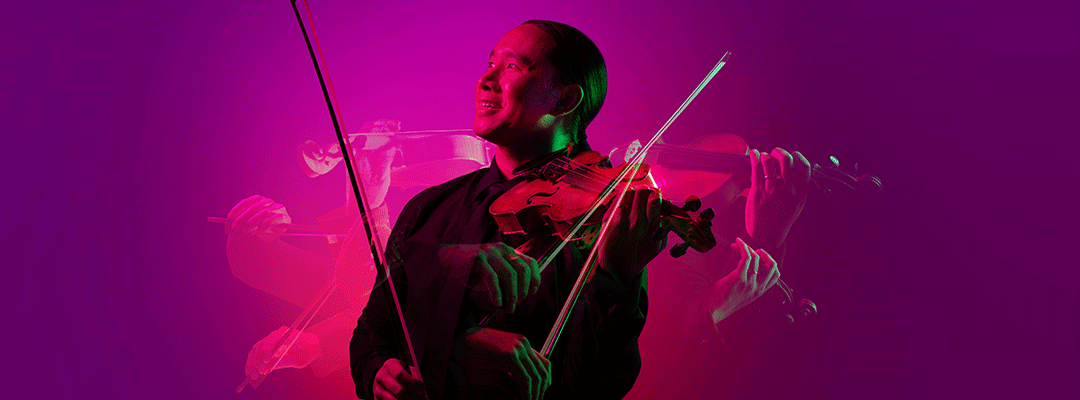


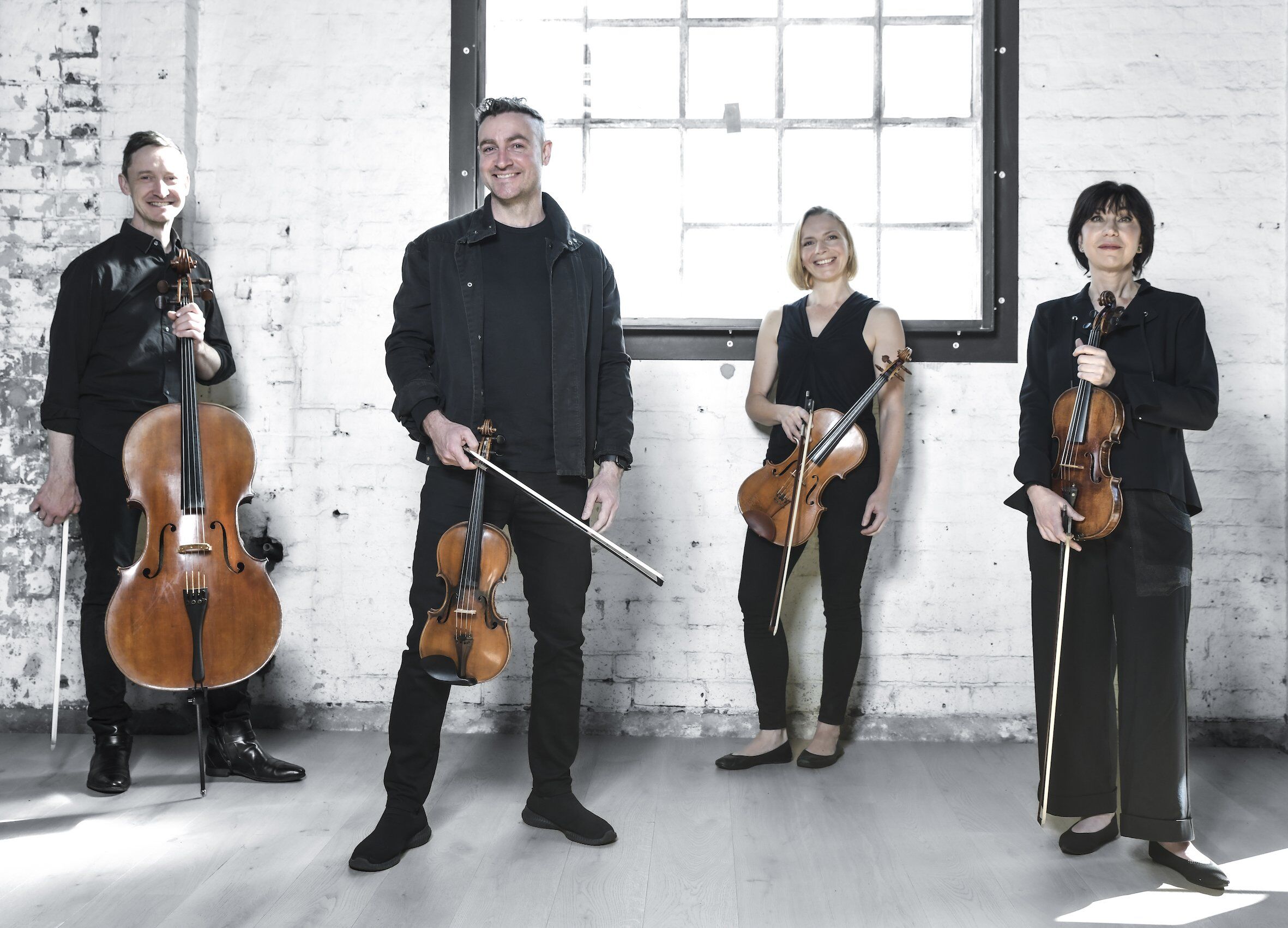





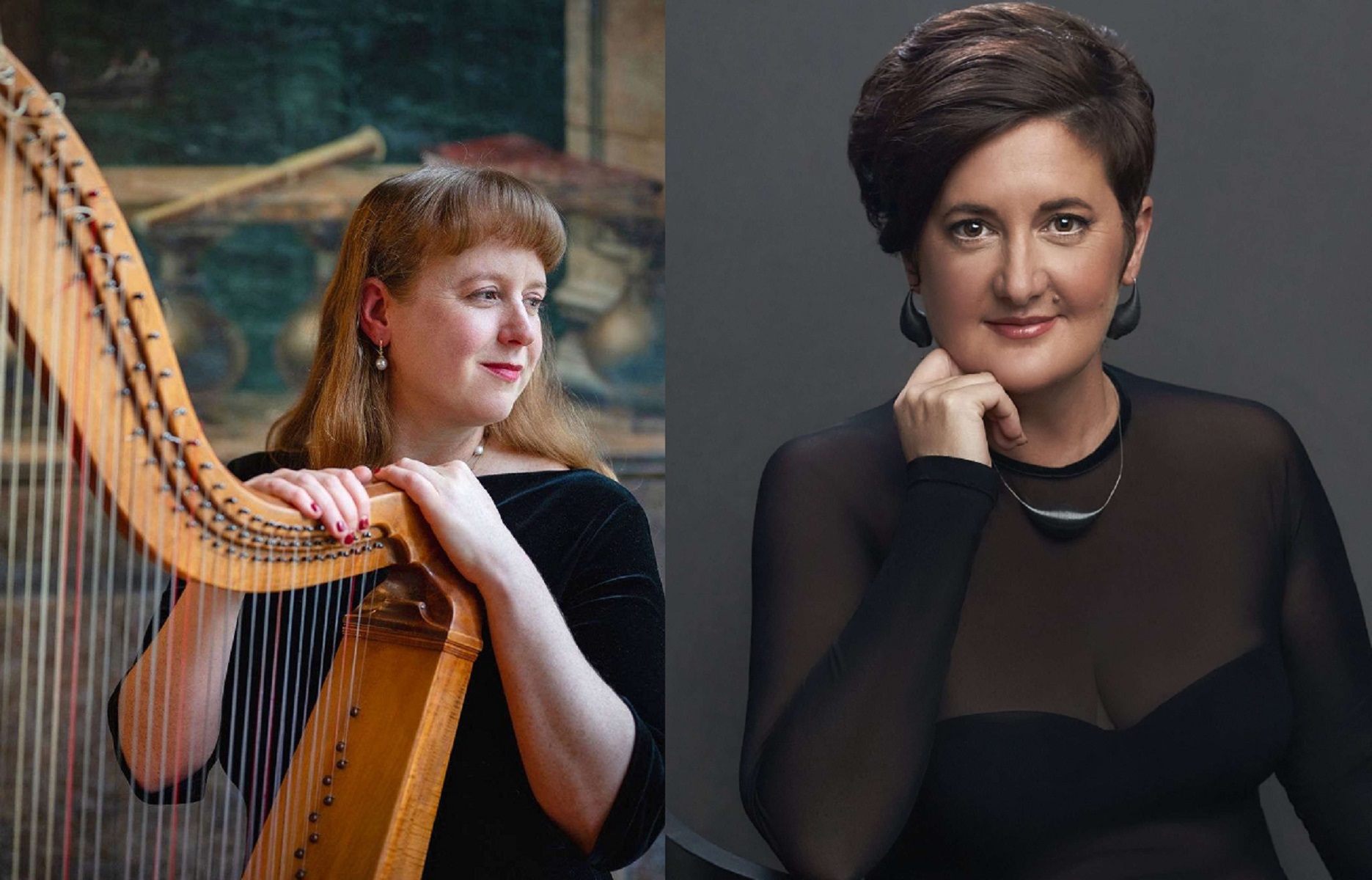
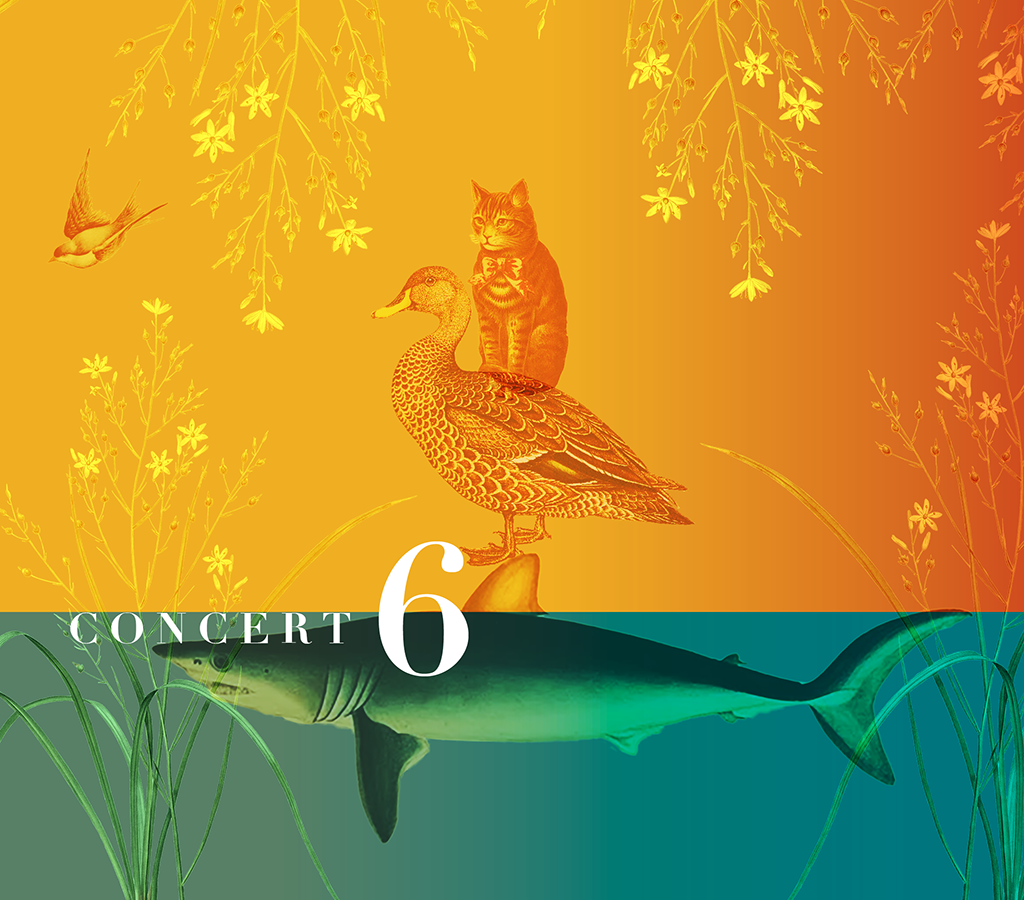

![user222 mrc mostlymozart [splendour of vienna] user222 mrc mostlymozart [splendour of vienna]](https://cdn-classikon.b-cdn.net/wp-content/uploads/2024/02/user222-mrc_mostlymozart_splendour_of_vienna.png)

